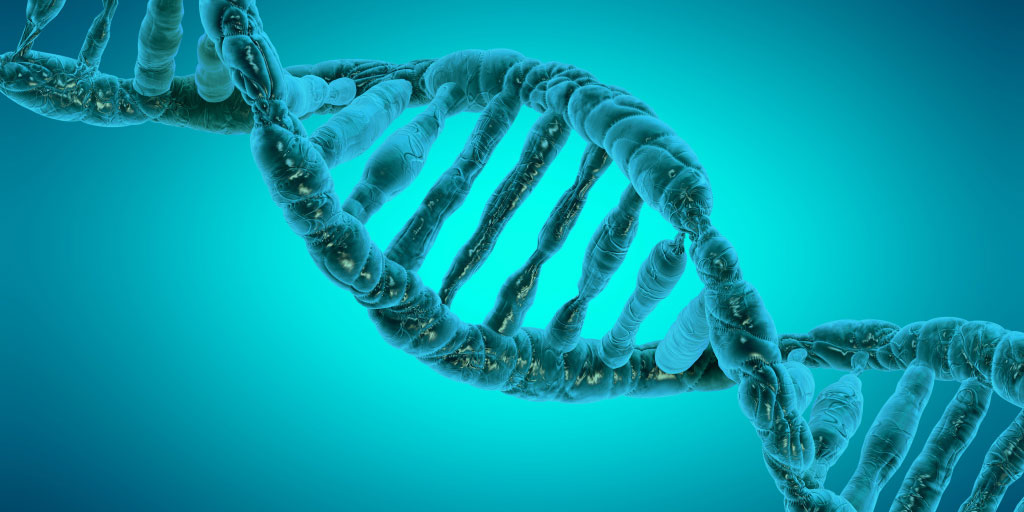Introduction
The exploration of human genetics and epigenetics has opened a new frontier in understanding health and disease. Genetic analysis reveals the blueprint written in our DNA, while epigenetic analysis shows how our environment and lifestyle can influence the expression of these genes. This blog post delves into the fascinating world of genetic and epigenetic analysis, highlighting its importance in personalized medicine and health optimization.
Understanding Genetics and Epigenetics
Genetics: Our Inherited Blueprint
- Definition: Genetics is the study of genes, heredity, and genetic variation in living organisms.
- Genetic Testing: This involves analyzing DNA to identify variations or mutations that may predispose individuals to certain health conditions.
Epigenetics: Beyond Genetics
- Definition: Epigenetics refers to changes in gene expression caused by mechanisms other than changes in the DNA sequence.
- Influence of Lifestyle and Environment: Factors like diet, stress, and exposure to toxins can lead to epigenetic changes, affecting how genes are turned on or off.
The Role of Genetic and Epigenetic Analysis in Health
Predicting Disease Risk
- Genetic Predispositions: Genetic testing can reveal susceptibility to various diseases, such as certain cancers, heart disease, and diabetes.
- Epigenetic Markers: These can provide insights into how lifestyle and environmental factors are impacting health risks.
Personalized Medicine
- Customized Health Strategies: Understanding one’s genetic and epigenetic makeup can guide personalized nutrition, exercise, and lifestyle plans.
- Targeted Treatments: In the context of diseases, this analysis can lead to more effective and tailored treatment strategies.
Health Optimization
- Preventive Care: Identifying genetic risks can prompt early preventive measures.
- Lifestyle Adjustments: Understanding epigenetic influences can motivate individuals to make healthful lifestyle changes.
How Genetic and Epigenetic Analysis Works
The Process
- Collection of Samples: Typically, a saliva or blood sample is collected for DNA analysis.
- Laboratory Analysis: Advanced technologies are used to analyze genetic and epigenetic markers.
- Report and Interpretation: Results are provided, often with the guidance of a genetic counselor or healthcare provider.
Considerations and Limitations
- Ethical and Privacy Concerns: Issues surrounding data privacy and how genetic information is used.
- Interpretation Challenges: Understanding that genetics is not destiny and that epigenetic factors are dynamic and can change over time.
Conclusion
Genetic and epigenetic analysis offers profound insights into our health, providing a roadmap for personalized healthcare and disease prevention. As we continue to unravel the complexities of the human genome and its interaction with the environment, we edge closer to a future where healthcare is tailored to each individual’s unique genetic and epigenetic makeup.
